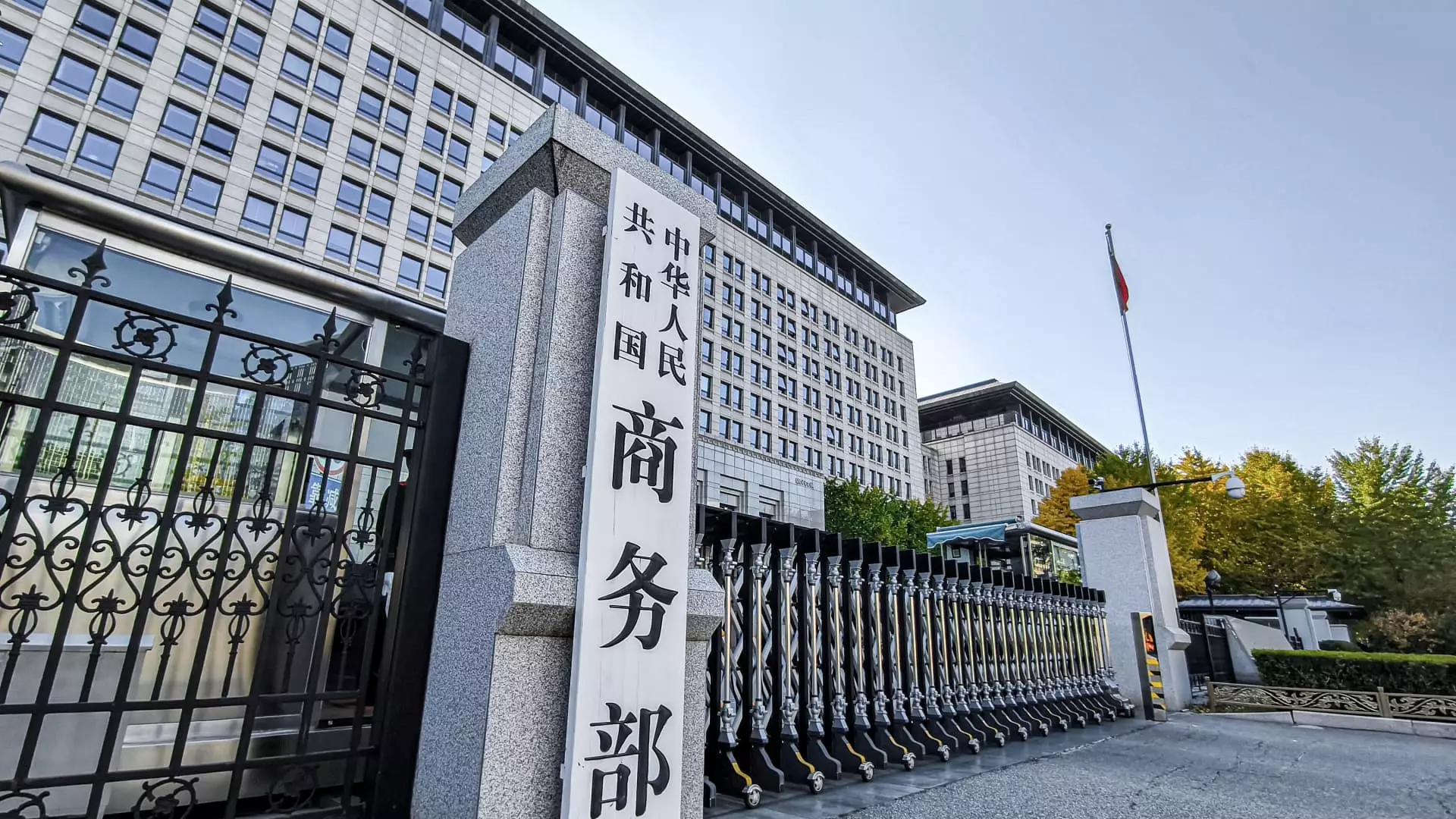In an alarming twist in international economic relations, the United States has adopted a confrontational approach under the Trump administration, marked by a sweeping imposition of tariffs on numerous countries, predominantly targeting China. The recent statement from China’s Ministry of Commerce underscores the gravity of this decision, emphasizing that such unilateral tariffs not only flout established trade norms but also serve as blatant bullying tactics. As countries around the globe witness these developments, the pressing question arises: what happened to diplomatic dialogue?
International Backlash: A Unified Front Against Bullying
The reaction to President Trump’s aggressive tariff regime has not been limited to China. World leaders are uniting in their criticism, showcasing a rare moment of international consensus against the imposition of tariffs that clearly contravenes the principles of mutual respect and cooperation in global trade. For instance, Canadian Prime Minister Mark Carney’s vehement declaration to combat the tariffs “with purpose and with force” reflects a growing sentiment among allied nations that such actions cannot stand unchecked. Similarly, South Korea’s proactive measures to safeguard their industries signal the impending fallout as nations scramble to mitigate economic damage from U.S. policies.
This collective response reveals an underlying fear among these nations: that aggressive tariffs are not merely an American concern but a signal toward a breakdown of an international order that has, until recently, favored diplomatic resolution over economic warfare. Countries like Australia, while reluctant to engage in reciprocal tariffs, have indicated that these actions do not foster friendship—paving the way for an unsettling future where economic relations devolve into a tit-for-tat battle.
Economic Realities: Who Really Pays the Price?
What is often overlooked in these tariff spats is the real burden that falls on consumers and businesses, not solely on the government or on the targeted country. By increasing import taxes on Chinese goods, the U.S. administration may gain a temporary edge in negotiating leverage, but it inevitably pushes the costs onto consumers who face rising prices for everyday items. This strikes at the heart of the average American family’s budget, turning political maneuvering into genuine economic hardship.
Moreover, this perpetual cycle of tariffs fosters a hostile trading environment, hampering innovation and collaboration that might otherwise flourish in a more cooperative atmosphere. The very industries Trump aims to protect may find themselves crippled, as retaliatory tariffs from China and other nations create barriers that inhibit their growth and competitiveness on the world stage.
The Illusion of America First
The driving ideology behind these tariffs often masquerades as “America First,” but such self-serving nationalism dangerously overlooks the interconnectivity of the modern global economy. Rather than enhancing America’s standing, these measures risk alienating allies and sparking trade wars that could spiral out of control. For those who consider themselves center-wing liberals, this confrontational stance is not only shortsighted but dangerously destabilizing—an approach reminiscent of the protectionist policies that many had hoped the world had moved beyond.
As nations rally against tariffs that threaten to fracture longstanding trade partnerships, it becomes increasingly vital to advocate for collaboration and understanding. The solution lies not in isolationism or coercion but in rebuilding the channels of dialogue. Only then can we aspire to forge paths toward shared economic stability and prosperity.

